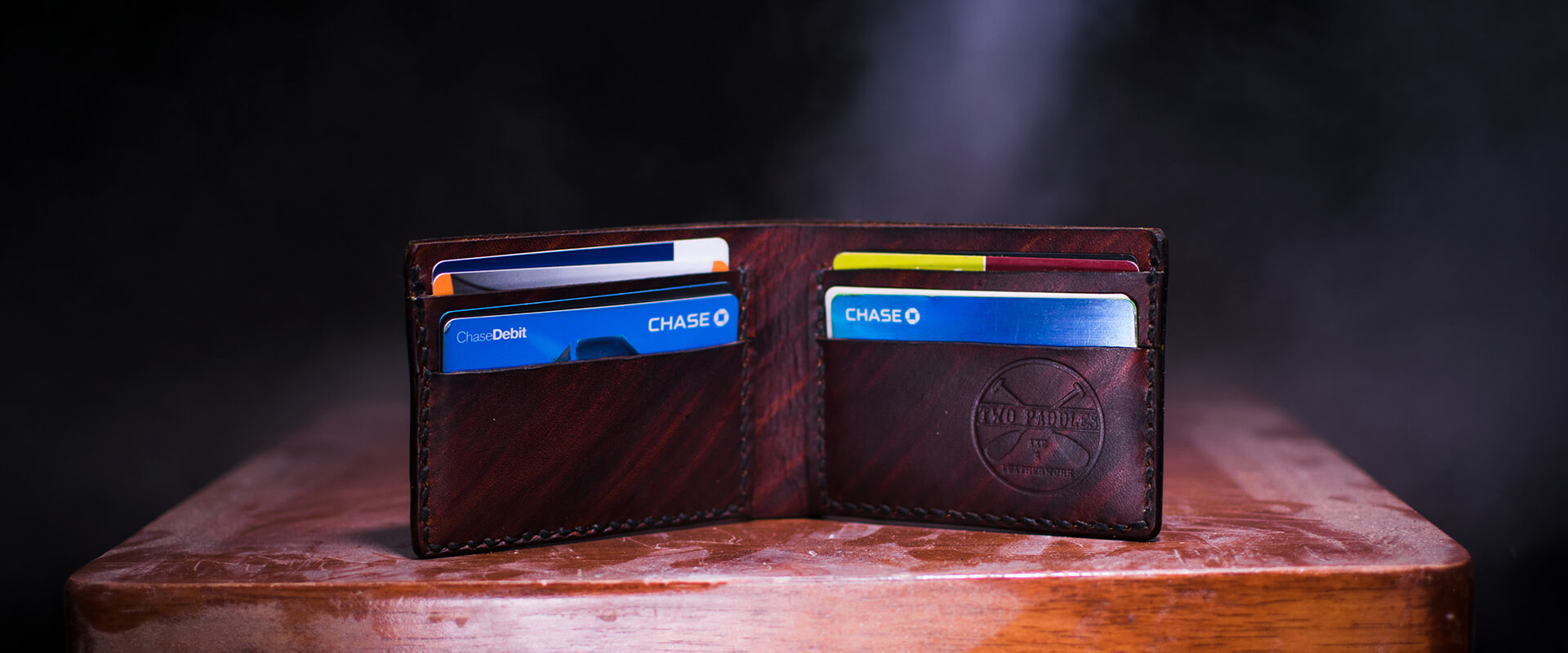
Cardholder Rights: Protections
Using a credit card comes with significant financial convenience. But it also comes with risks, such as fraudulent transactions or disputes with merchants. Fortunately, credit card users are protected by a series of rights that ensure they are not left vulnerable to these issues.
These protections, which include chargebacks and fraud liability, are designed to safeguard cardholders and provide peace of mind when using their credit cards.
In this article, we’ll explore the rights of credit cardholders, focusing on chargebacks and fraud liability, and provide insights on how these protections work to your advantage.
What Are Cardholder Rights?
Cardholder rights are a set of protections guaranteed to you by law and by the policies of credit card networks like Visa, Mastercard, American Express, and Discover. These rights are intended to protect consumers from unfair practices, fraud, and disputes with merchants.
The key protections most cardholders rely on include:
1. Chargebacks
The right to dispute a transaction and request a refund from the card issuer if there's an issue with a purchase.
2. Fraud Liability
Protection against unauthorized transactions on your card due to theft or fraud.
3. Billing Error Dispute Rights
The right to dispute billing errors, such as double charges or incorrect amounts.
4. Access to Account Information
The right to access information about your transactions, balances, and account terms.
5. Interest Rate and Fee Disclosures
Clear disclosure of interest rates, fees, and any changes to your account.
Let’s dive deeper into the two most essential protections: chargebacks and fraud liability.
What is a Chargeback?
A “chargeback” is a reversal of a credit card transaction, initiated by the cardholder through their card issuer. Chargebacks are a consumer protection tool designed to help you recover funds if there’s a problem with a purchase that can’t be resolved directly with the merchant. It allows you to dispute a transaction and request that your credit card issuer investigate and potentially return your money.
Common Reasons for Chargebacks
Cardholders can file chargebacks for various reasons, including:
1. Fraudulent Transactions
If your credit card was charged for a transaction you did not authorize, such as in cases of theft or hacking.
2. Goods Not Received
If you ordered a product or service online or over the phone but never received it.
3. Defective or Incorrect Goods
If you received an item that is significantly different from what was described, defective, or damaged.
4. Duplicate Charges
If a merchant accidentally charges you twice for the same transaction.
5. Merchant Error
If the merchant makes an error in processing the transaction, such as charging you the wrong amount.
How the Chargeback Process Works
1. Contact the Merchant
Before initiating a chargeback, cardholders are encouraged to first try to resolve the issue directly with the merchant. Many disputes can be settled without involving the card issuer.
2. Initiate a Chargeback
If the issue cannot be resolved, the cardholder can contact their credit card issuer and file a chargeback request. The issuer will typically ask for information about the transaction and the reason for the dispute.
3. Investigation
The credit card issuer will investigate the claim, often involving the merchant in the process. The merchant may be asked to provide evidence to support the legitimacy of the charge.
4. Resolution
After reviewing the evidence, the credit card issuer will make a decision. If the chargeback is approved, the transaction amount will be credited back to the cardholder’s account. If the chargeback is denied, the charge remains on the account.
Benefits of Chargebacks
Chargebacks offer several benefits to consumers:
Protection from Unethical Merchants
Chargebacks give you the power to reclaim funds if a merchant refuses to resolve a legitimate dispute.
Enhanced Security for Online Shopping
When making online purchases, knowing you have the right to dispute a transaction helps protect against scams or undelivered items.
Error Correction
Whether due to a mistake on your part or the merchant’s, chargebacks help correct errors in billing.
Limitations of Chargebacks
While chargebacks are a powerful tool, they have some limitations:
Time Limits
You typically have 60 days from the date of the statement in which the charge appeared to file a chargeback, though time limits may vary depending on the card issuer.
Evidence Required
You’ll need to provide sufficient evidence (receipts, emails, photos) to support your chargeback claim, and the card issuer’s decision is final.
Abuse of Chargebacks
Filing chargebacks without good reason (also called “friendly fraud”) can result in account closure or penalties, and merchants may blacklist consumers who abuse chargebacks.
Fraud Liability: Protecting Cardholders from Unauthorized Transactions
Credit card fraud can occur in various forms, from someone stealing your physical card to hackers accessing your card information online. Fortunately, cardholders are protected by fraud liability laws that significantly limit their financial responsibility for unauthorized transactions.
The Truth in Lending Act (TILA)
The “Truth in Lending Act (TILA)” is a federal law that limits a cardholder’s liability for unauthorized credit card transactions. Under TILA, your maximum liability for fraudulent transactions is $50, but in practice, most credit card companies offer “zero liability protection,” meaning you won’t be held responsible for any unauthorized charges if you report the fraud promptly.
How Fraud Liability Works
- Report the Fraud: If you notice any suspicious or unauthorized transactions on your credit card, contact your card issuer immediately. The sooner you report the fraud, the faster your issuer can freeze the account and stop further transactions.
- Investigation: The card issuer will investigate the claim and may provide you with a provisional credit for the disputed amount while the investigation is underway.
- Resolution: If the investigation confirms that the transaction was unauthorized, the issuer will permanently remove the charge from your account, and you won’t be held liable.
Zero Liability Policies
Many major credit card networks, including Visa, Mastercard, Discover, and American Express, have “zero liability policies,” meaning that in most cases, you won’t have to pay a single cent for unauthorized charges – as long as you report them promptly.
What Happens If You Lose Your Card?
If your credit card is lost or stolen, the following steps can protect you from liability:
- Report Immediately: Notify your card issuer as soon as you realize your card is missing. The issuer will freeze your account and issue a replacement card.
- Review Transactions: Review your account activity for any unauthorized transactions and report them to the issuer.
- Follow Up: Keep track of the investigation and ensure all fraudulent charges are removed from your account.
Billing Error Disputes: Additional Protections
In addition to chargebacks and fraud liability, the “Fair Credit Billing Act (FCBA)” gives you the right to dispute billing errors, such as:
- Charges for goods or services you didn’t accept.
- Incorrect charges on your bill.
- Failure to post payments or credits to your account.
If you spot a billing error, you must notify your credit card issuer in writing within 60 days of receiving the statement containing the error. The issuer is required to investigate and resolve the dispute within two billing cycles (but no longer than 90 days).
Bottom Line: Your Rights as a Cardholder Are Crucial
Cardholder rights are an essential part of modern consumer protection, ensuring that using a credit card is safe, fair, and secure. Chargebacks give you the power to dispute charges, while fraud liability protects you from unauthorized transactions.
Understanding these rights empowers you to use your credit card confidently, knowing that you have mechanisms in place to correct mistakes and guard against fraud.
To maximize these protections, always review your statements carefully, report any suspicious activity immediately, and keep records of your transactions. By being proactive and informed, you can avoid financial harm and protect your credit.


